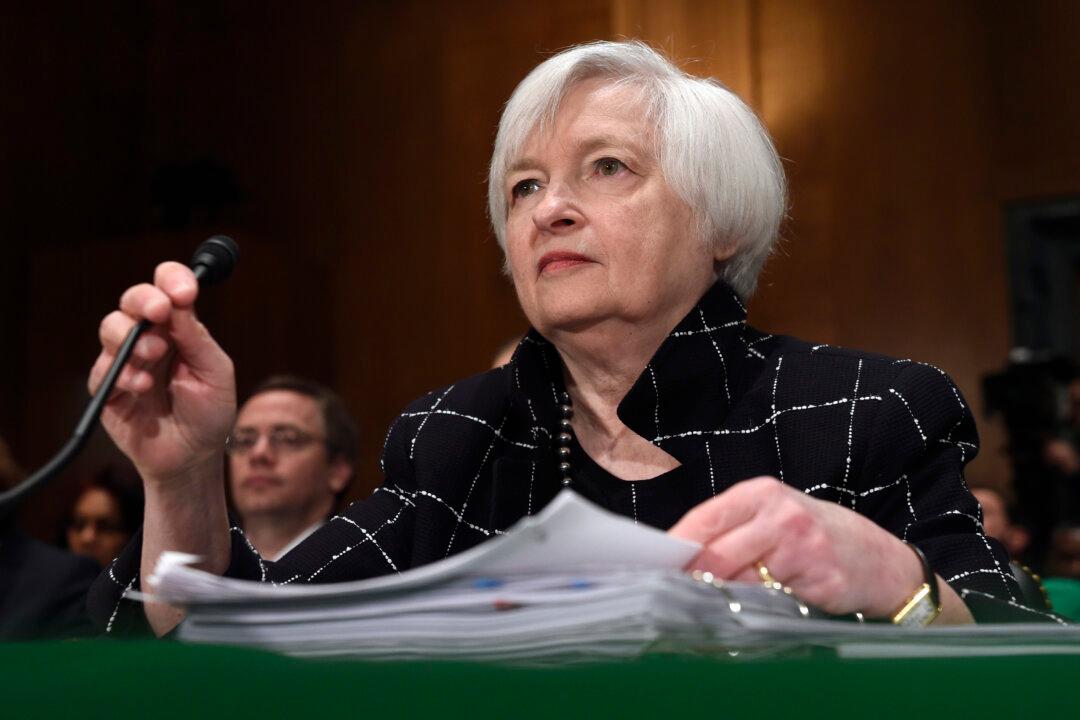When the Federal Reserve embarked on its mission to raise interest rates by 3 percent in December of 2015, it was optimistic the economy would continue its gradual growth path and financial markets would remain relatively stable.
Three months later, the Fed has reason to worry: “Global economic and financial developments continue to pose risks,” the Federal Open Market Committee stated after its meeting this week at which it should have raised rates another 0.25 percent but didn’t.
The S&P 500 is down 3 percent since December 2015 to 2,024 after having recovered 200 points since the February low of 1,829, in part because the Fed signaled it would not raise rates at the March meeting.
They chickened out of their own policy which they laid down in December.
, author, 'Currency Wars'





